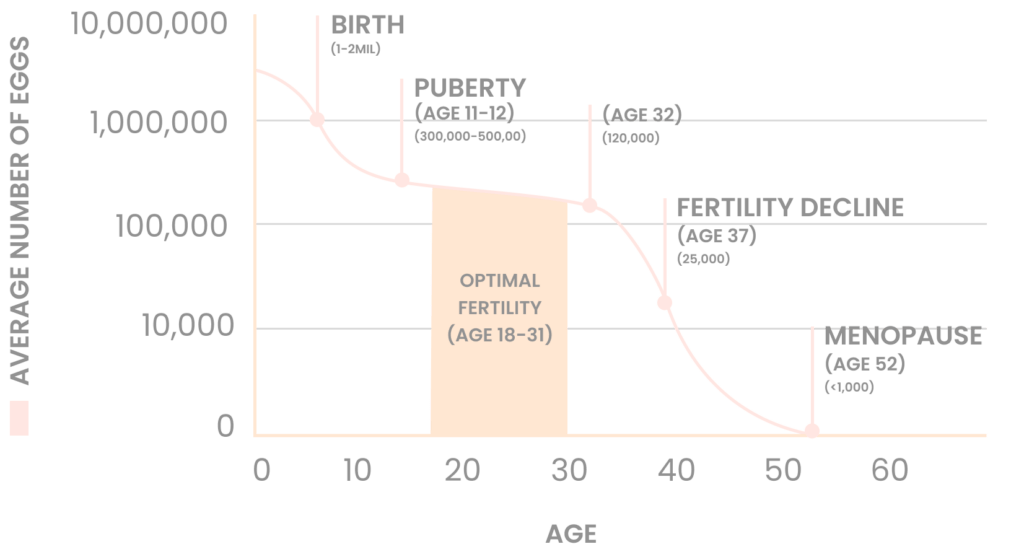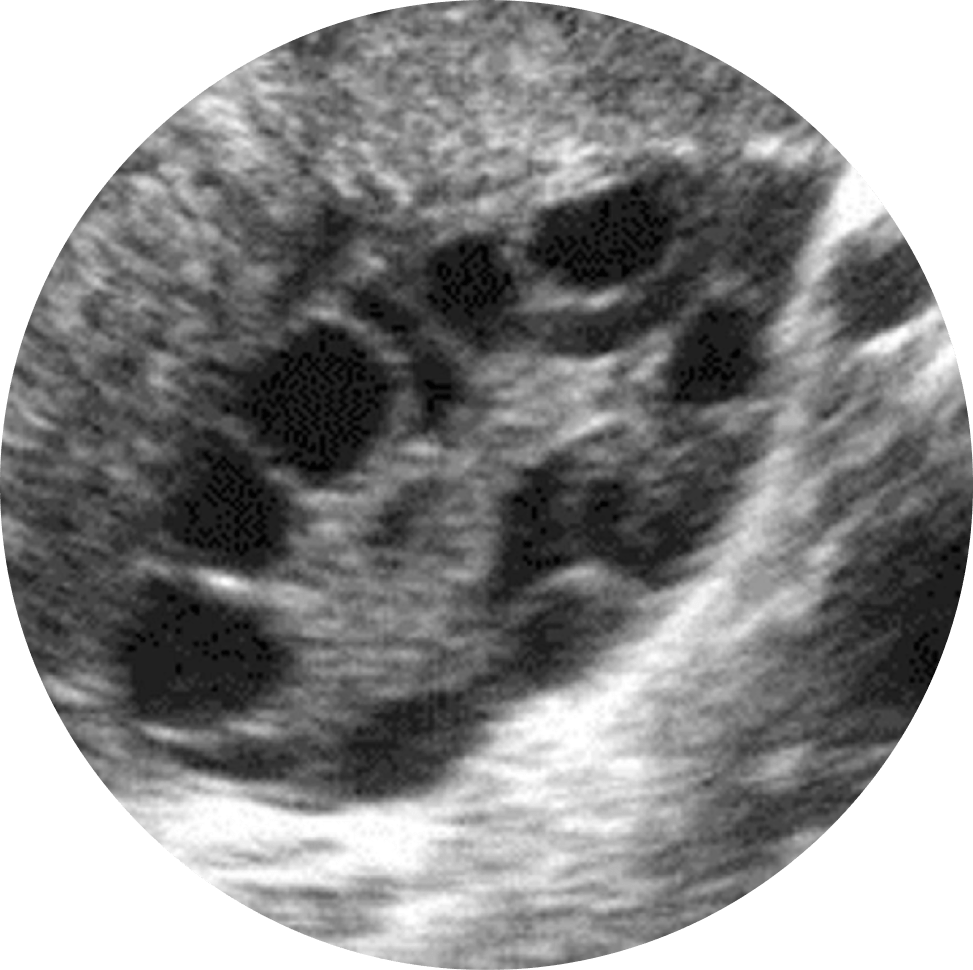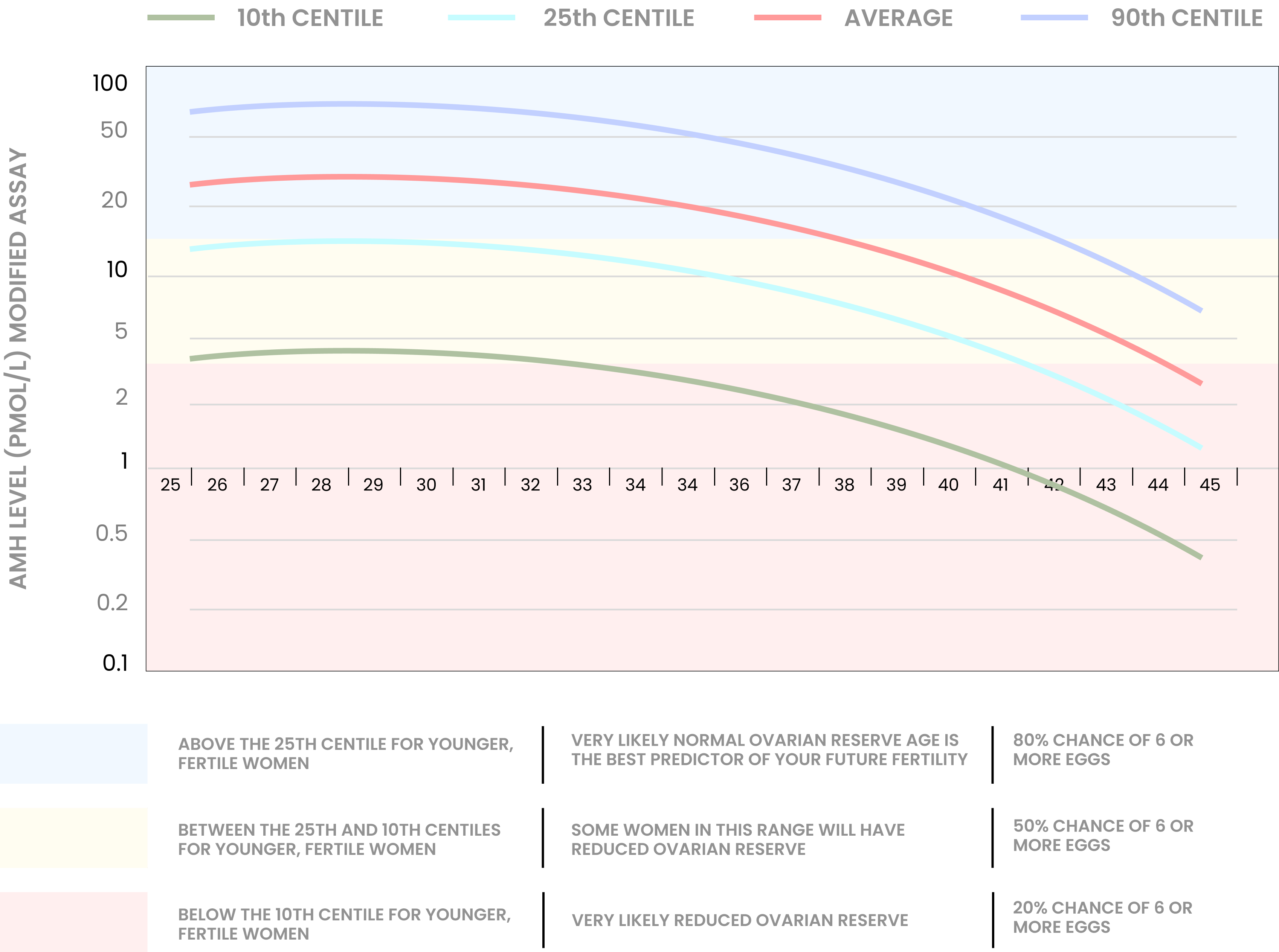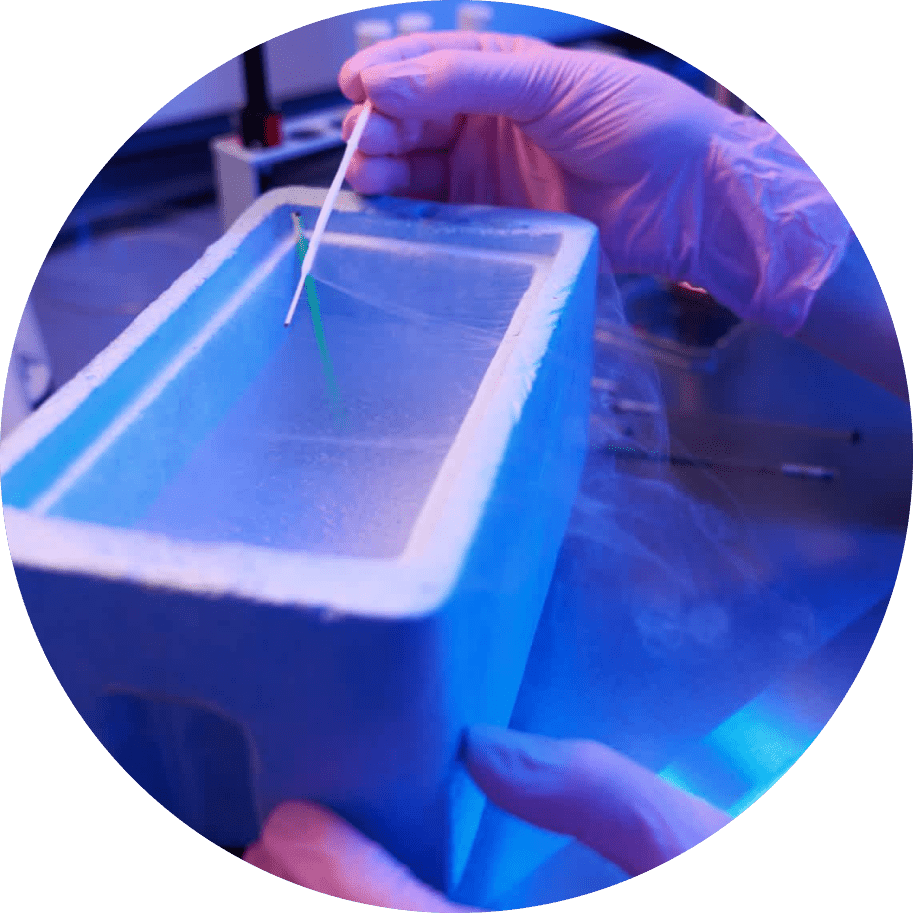

The rate of egg decline during your period of optimal fertility is somewhat stable, however, this rate increases drastically at around the age of ~34.
Aside from monthly cycles (periods), there are other factors that also affect how many eggs a female loses each month, such as cigarette smoking, genetic abnormalities, aggressive medical treatments (eg: radiation or chemotherapy for cancer), surgery and occasionally idiopathic (of unknown causes).
Puberty begins when the hypothalamus, an area of the brain that plays a role in hormone production, produces the gonadotropin-releasing hormone (GnRH). In turn, GnRH stimulates the pituitary gland to produce follicle-stimulating hormone (FSH). FSH begins the process of egg development and causes estrogen levels to rise.
The production of FSH activates several “sleeping” immature eggs to “mature” during each menstrual cycle.
They are small, fluid-filled sacs that can contain an immature egg at the centre. There are thousands of follicles in the ovaries, each with an egg inside, and this represents your total ovarian reserve.
Follicles and eggs are not the same thing, but are often spoken about as if they are interchangeable. This can be confusing.
While menstruation begins at an average age of 11 years old, it can start as early as 8 years old.
The typical 28-day menstrual cycle begins on the first day of menstrual bleeding. During the first 7-days of the cycle, about 15–20 follicles are “activated” and start to grow. These maturing follicles secrete estrogen into the bloodstream to prepare the lining of the uterus for pregnancy.
Around day-7, all but one of the 15–20 activated follicles stop growing and begin to degenerate and are reabsorbed by the body (a process known as atresia), and a further 1,000+ follicles (containing eggs) die in conjunction due to natural processes.
And the number lost monthly to natural processes accelerates as you age.
The one surviving follicle – the dominant follicle – will continue to grow, nourishing the developing egg inside, until the follicle ultimately ruptures and releases the egg from the ovary (ovulation), where it floats to the nearest fallopian tube.
In the fallopian tube, if intercourse has happened and a sufficient number of live sperm cells are released, they will swim up the fallopian tubes and fertilise the egg. Only one sperm can penetrate the protective outer layer of the egg. The genetic contents of the sperm and egg fuse to form an embryo and the rest is history!
We are able to measure your egg count using one of the following approaches:
Antral follicles are resting follicle that appear as a small fluid-filled sac, each containing an immature egg that could potential mature and ovulate. These follicles range in size from 2-10mm and can be measured and counted on cycle days 2, 3 and 5 across both ovaries.
An antral follicle count is performed on day 2-to-7 of your cycle by a trans vaginal ultrasound, which allows for all visible follicles to be counted. This test gives an idea of not only the total egg count, but also of how many eggs a woman might be able to freeze during one cycle.
Antral follicle counts (along with female age) are by far the best tool that we currently have for estimating ovarian reserve, the expected response to ovarian stimulating drugs, and the chance of a successful pregnancy with in vitro fertilisation (IVF).

Cells inside the follicles of the ovaries produce a hormone called AMH. An AMH test measures the amount of anti-mullerian hormone (AMH) in your blood, which corresponds to a female’s egg count. Although it is connected to your egg count, it does not predict your fertility. Put simply, AMH does not predict the chance of spontaneous conception but is very useful in predicting an IVF cycle response. It also cannot be used to estimate the speed of egg depletion – it only tells us what the ovarian reserve is at the time of testing, not in the future.
AMH levels correspond to the number of eggs you have or your ovarian reserve:


Egg freezing does not lower your body’s natural egg count – it simply makes use of more of the eggs you already have.
Get in touch with our friendly team to arrange an appointment with one of our fertility specialists.
